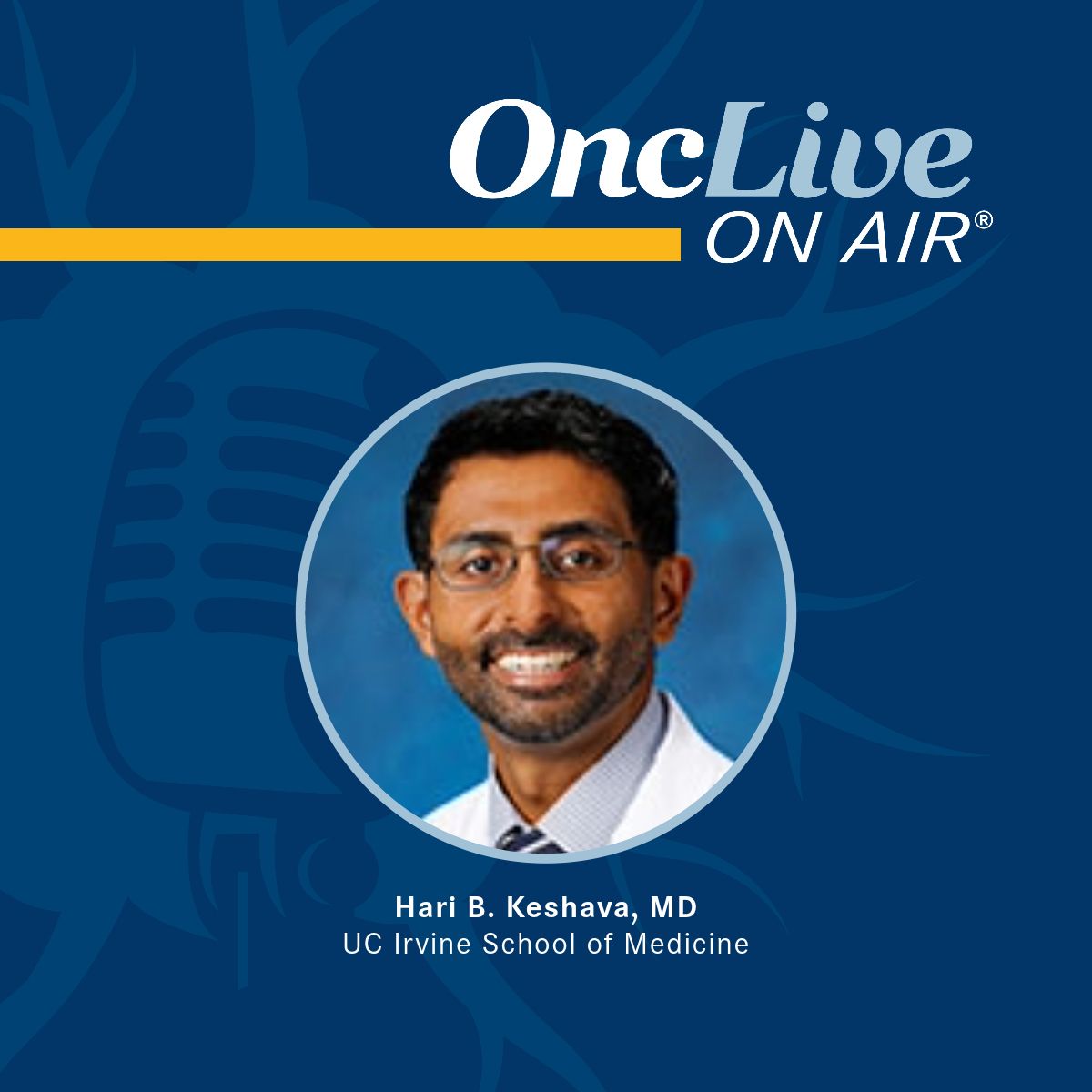Video
Dr. Gandara Discusses Molecular Testing for NSCLC
Author(s):
Dr. David Gandara, from University of California, Davis Comprehensive Cancer Center, discusses using the multiplexing assay for patients with non-small cell lung cancer
David R. Gandara, MD, Director, Thoracic Oncology Program, University of California, Davis Comprehensive Cancer Center, discusses the different types of molecular testing procedures available for patients with non-small cell lung cancer (NSCLC).
Several driver mutations and molecular abnormalities play an important role in determining the most appropriate therapy, for patients with NSCLC. Traditionally, testing for these aberrations has been done sequentially; however, a newer method known as multiplexing measures for several abnormalities simultaneously, in a single assay. Gandara notes that multiplexing is more cost effective, better utilizes the biopsy, and avoids the long delays that may accompany sequential testing.
Gandara uses KRAS mutations, as an example of the benefits of multiplexing. In the past, KRAS status was used primarily to assess sensitivity to erlotinib or chemotherapy. Currently, there are classes of agents being investigated, such as MEK inhibitors, which are active in patients with KRAS mutations. Knowing the status of KRAS early in the treatment process may guide the decision to enroll the patient in a clinical trial. Multiplexing allows physicians to assess KRAS status at the same time as other biological markers.









